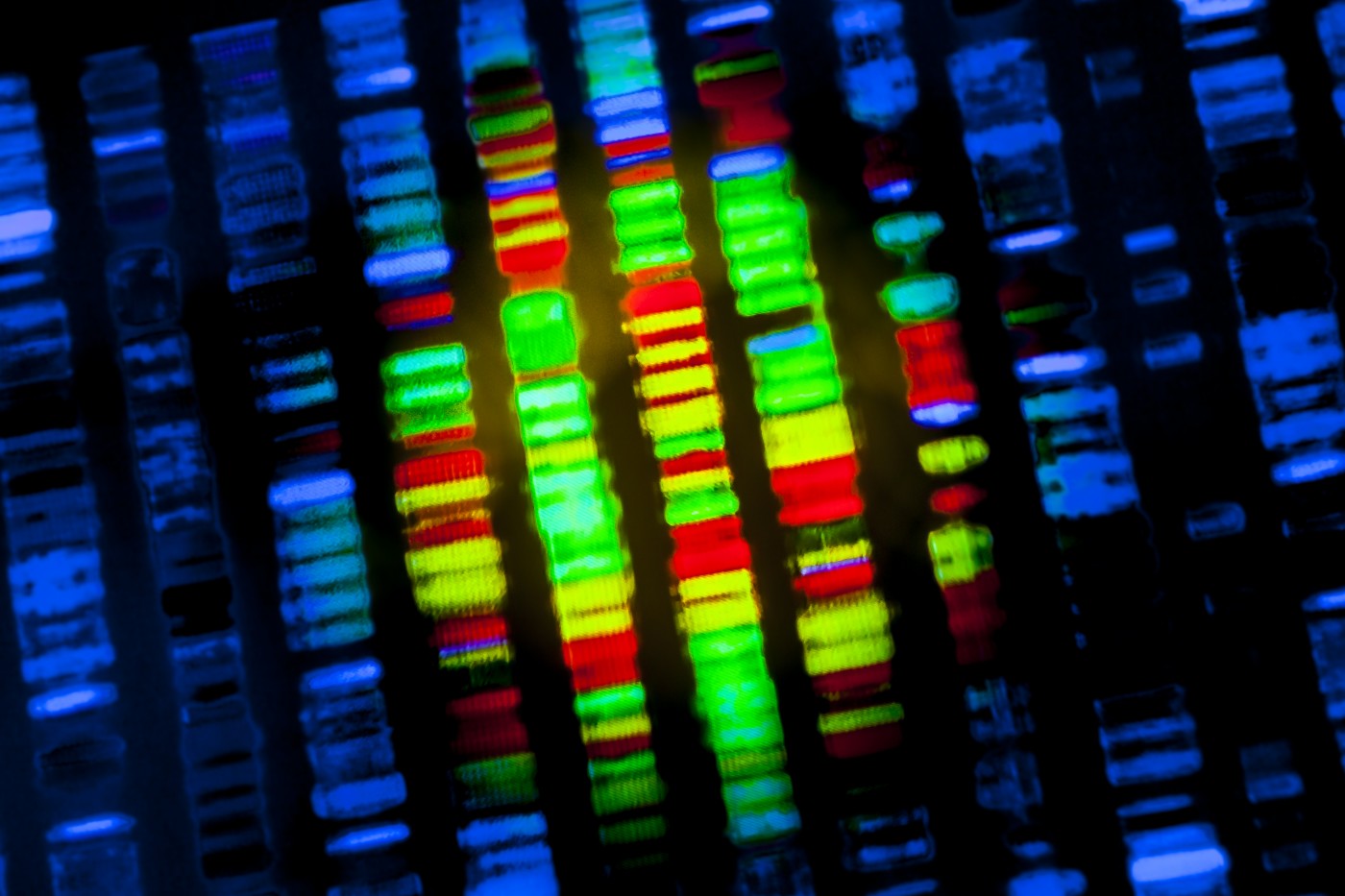FDA Approves 23andMe Genetic Test for Gaucher Disease Risk
Written by |

Next-Generation Sequencing (NGS)- assisted diagnosis
The U.S. Food and Drug Administration (FDA) will now let Mountain View, Calif.-based 23andMe market its $199 genetic tests to adults who want to know their risk of Gaucher disease and nine other hereditary conditions.
The test, approved April 6 by the FDA, is 99 percent accurate and is based on disease biomarkers present in a sample of saliva.
“This is an important moment for people who want to know their genetic health risks and be more proactive about their health,” Anne Wojcicki, CEO and co-founder of 23andMe, said in a news release. “The FDA has embraced innovation and has empowered individuals by authorizing direct access to this information. It is a significant step forward for 23andMe and for the adoption of personal genetics.”
The 23andMe Personal Genome test covers 35 genetic variants and can detect biomarkers linked to several diseases, including late-onset Alzheimer’s disease, Parkinson’s disease, celiac disease and hereditary thrombophilia. The test determines whether a person carries a given disease-related biomarker, and thus alerts for the possibility of developing the disease in the future. The complete list of genetic health risk reports authorized by the FDA can be found here.
Those who have already purchased 23andMe’s Health+Ancestry service will be able to receive genetic health risk reports as part of the service, according to the company. However, authorizing a private firm to offer genetic analysis to the public has raised concerns among some scientists and physicians.
Gaucher disease is caused by mutations in the GBA1 gene, which leads to faulty activity of the protein acid β-glucosidase. This, in turn, promotes the accumulation of a lipid called glucosylceramide, which helps maintain the proper activity and survival of cells. When too much glucosylceramide accumulates within cells — a hallmark of Gaucher disease — it impairs cellular activity and triggers cell damage.
The 23andMe genetic health risk report for Gaucher disease Type 1 is indicated for reporting of the N370S, 84GG and V394L variants. This report describes if a person has variants associated with an increased risk for developing symptoms but does not describe a person’s overall risk of developing Gaucher disease Type 1.
As many as 1 in 850 individuals of Ashkenazi (or Eastern European) Jewish descent are afflicted with Type 1 Gaucher disease, compared to only 1 in 40,000 to 1 in 60,000 in the general population. Likewise, about 1 in every 12 to 15 Ashkenazi Jews is a carrier.



